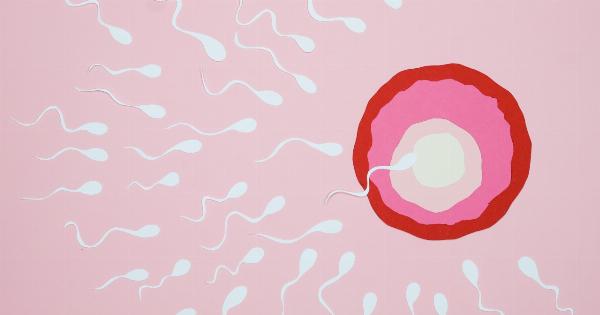IVF (In Vitro Fertilization) is a complex medical treatment that is used to overcome infertility in couples who are unable to conceive naturally.
The success of IVF treatment depends on several crucial factors, including age, fertility diagnosis, lifestyle habits, and many more. In this article, we will discuss the 8 crucial factors that contribute to the success of IVF treatment.
Age: Factor 1
Age is one of the most significant factors that impact the success of an IVF treatment. Women who are younger have a higher chance of a successful IVF cycle as compared to women who are older.
The reason behind this is that as women age, their egg quality and quantity decrease, making it harder to conceive. As a general rule, IVF success rates decline with age, with women over age 40 having the lowest success rates.
Factor 2: Fertility diagnosis and history
The fertility diagnosis and history of a couple also play a crucial role in determining the success rate of an IVF cycle.
Couples who have a history of infertility or have been diagnosed with medical conditions that affect fertility such as endometriosis, PCOS, or low sperm count may experience a lower success rate.
Factor 3: Lifestyle habits
Lifestyle habits such as smoking, drinking, and poor diet can also impact the success of an IVF cycle. Studies have shown that women who smoke have a lower IVF success rate as compared to non-smokers.
Similarly, alcohol consumption and poor diet can also affect fertility and decrease the chances of a successful IVF cycle.
BMI: Factor 4
Body Mass Index (BMI) is another important factor that can impact IVF success. Women who are overweight or underweight may have a harder time conceiving through IVF. A healthy BMI range is considered to be between 18.5 and 24.9.
Factor 5: Embryo quality
The quality of the embryo is also crucial in determining the success of an IVF treatment. High-quality embryos have a greater chance of implanting successfully, leading to a successful pregnancy.
The embryologist will assess the quality of the embryo based on factors such as the number and appearance of cells and the amount of fragmentation.
Factor 6: Number of embryos transferred
The number of embryos transferred during an IVF cycle can also impact the success rate. However, it’s important to balance the chances of pregnancy with the risks of multiple births.
The American Society for Reproductive Medicine recommends transferring no more than two embryos in women under 35 and no more than five embryos in women over 40.
Factor 7: IVF protocol
The IVF protocol used by the fertility clinic can also impact the success rate. There are various protocols that can be used, such as a long protocol or a short protocol.
The protocol used will depend on the individual needs of the patient, and the fertility clinic will recommend the best protocol based on the patient’s fertility diagnosis and medical history.
Factor 8: Fertility clinic’s experience and expertise
The experience and expertise of the fertility clinic can also impact the success of an IVF treatment. A fertility clinic with a high success rate and experienced doctors and embryologists may have a better chance of achieving a successful pregnancy.
Conclusion
IVF is a complex medical treatment that requires careful consideration of several factors to achieve a successful pregnancy.
Age, fertility diagnosis and history, lifestyle habits, BMI, embryo quality, number of embryos transferred, IVF protocol, and the fertility clinic’s experience and expertise are all crucial factors in determining the success rate of IVF. By understanding these factors, couples can make informed decisions and increase their chances of a successful IVF cycle.






























